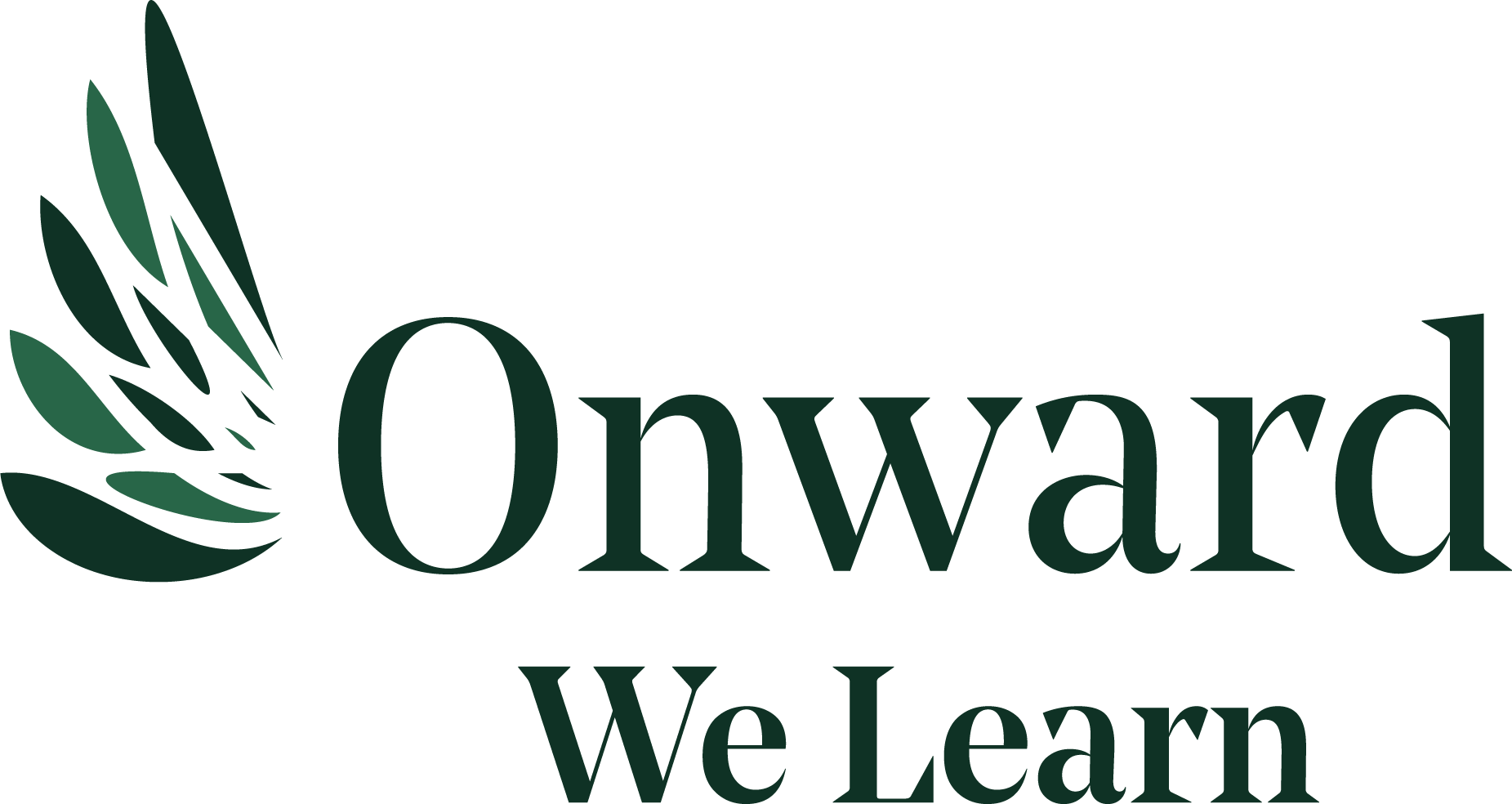College Can Be Affordable!
Financial aid consists of loans, grants, scholarships, institutional aid, merit aid, federal work-study and so on that is awarded to students on the basis of their academic standing and their family’s demonstrated financial need.
You may be able to receive financial aid to cover the difference between what it costs to attend college and what your family can contribute toward that cost. Keep reading to learn some basics about financial aid.
Types of Financial Aid
There are three main types of financial aid:
Gift aid:
Gift aid is free money in the form of grants and scholarships. You do not need to pay this money back! Grants are usually based on a student’s financial need. Scholarships may be based on financial need but are also awarded to students who have special talents and qualities, such as academic, athletic or artistic excellence.
Student loans:
Just about everyone who goes to college today needs to borrow money to finish paying the bill. Subsidized student loans are the largest source of financial aid. The good thing about these loans is that while you are in college the loan is interest free. You start paying back the loan, and paying interest, after you leave school. You must pay back a student loan.
Work-study:
Most colleges offer federal work-study programs that allow students to gain employment experience and earn some money for living expenses. If you get work-study, your college will give you a job on campus or sometimes at a nonprofit agency off campus.
To Get Financial Aid, You Must Apply for It
A student and his or her parents must complete the Free Application for Federal Student Aid (FAFSA) to apply for grants, subsidized student loans and work-study. If you need help filling out your FAFSA form, Onward We Learn is here to help. Each year, we host Financial Aid Nights to help parents complete their child’s FAFSA forms and to answer any questions they have about the process. This service is free to all Onward We Learn families. At each session there will be counselors available who are knowledgeable about financial aid. They will help you fill out the FAFSA, using the information you provide. For a schedule of our Financial Aid Nights, please contact us at 401-854-5500.
Once you complete your FAFSA, you can be considered for a Rhode Island State Grant and a federal Pell Grant. Note that to be considered for a RI State Grant, you must complete the FAFSA application after Oct. 1 and before Feb. 1. You can learn more about federal Pell Grants here.
Additional application materials are usually necessary to apply for scholarships. Ask your college admissions office how to apply for special scholarships that they offer. Research other organizations that provide grants or scholarships to students. The internet is an excellent resource for scholarship searches. For information about many applications and deadlines, try these sites:
- www.fastweb.com
- www.goodcall.com/scholarships/search
- www.onlinecolleges.net/for-students/financial-aid-minorities/
- http://www.bestcolleges.com/financial-aid/african-american-scholarships/
- Scholarships listed by the Rhode Island Foundation
If you are a member of Onward We Learn and are financially eligible, you may qualify for an Onward We Learn scholarship. You must complete the FAFSA. If you are unable to complete the FAFSA, contact your Onward We Learn advisor.
Financial Aid Glossary
Award Letter:
An official document issued by a school’s financial aid office that lists all of the financial aid awarded to the student. This letter provides details of your financial need and the breakdown of your financial aid package according to amount, source and type of aid. The award letter will include the terms and conditions for the financial aid and information about the cost of attendance.
Disbursement:
The release of loan funds to the school for delivery to the borrower. The payment will be made co-payable to the student and the school. Loan funds are first credited to the student’s account for payment of tuition, fees, room and board and other school charges.
Expected Family Contribution (EFC):
The amount of money that the family is expected to be able to contribute to the student’s education. The EFC includes the parent contribution and the student contribution, and depends on the student’s dependency status, family size, number of family members in school, taxable and nontaxable income and assets.
Financial Aid Package:
The complete collection of grants, scholarships, loans and work-study employment from all sources (federal, state, institutional and private) offered to a student to enable him or her to attend the college or university.
Federal Work-Study (FWS):
Program providing undergraduate and graduate students with part-time employment during the school year.
Grant or (need-based) Scholarship:
A type of financial aid based on financial need that the student does not have to repay.
Need:
The difference between the Cost of Attendance (see the accompanying graphic) and the EFC is the student’s financial need — the gap between the cost of attending the school and the student’s resources. The financial aid package is based partly on the amount of financial need. The process of determining a student’s need is known as need analysis:
Cost of Attendance (COA) – Expected Family Contribution (EFC) = Financial Need
Pell Grant:
A federal Pell Grant, unlike a loan, does not have to be repaid. Pell Grants are awarded only to undergraduate students who have not earned a bachelor’s or a professional degree.
Student Aid Report (SAR):
A form sent to the student after submitting the FAFSA to the federal processor. The SAR shows the information that was processed and indicates Pell Grant eligibility.
